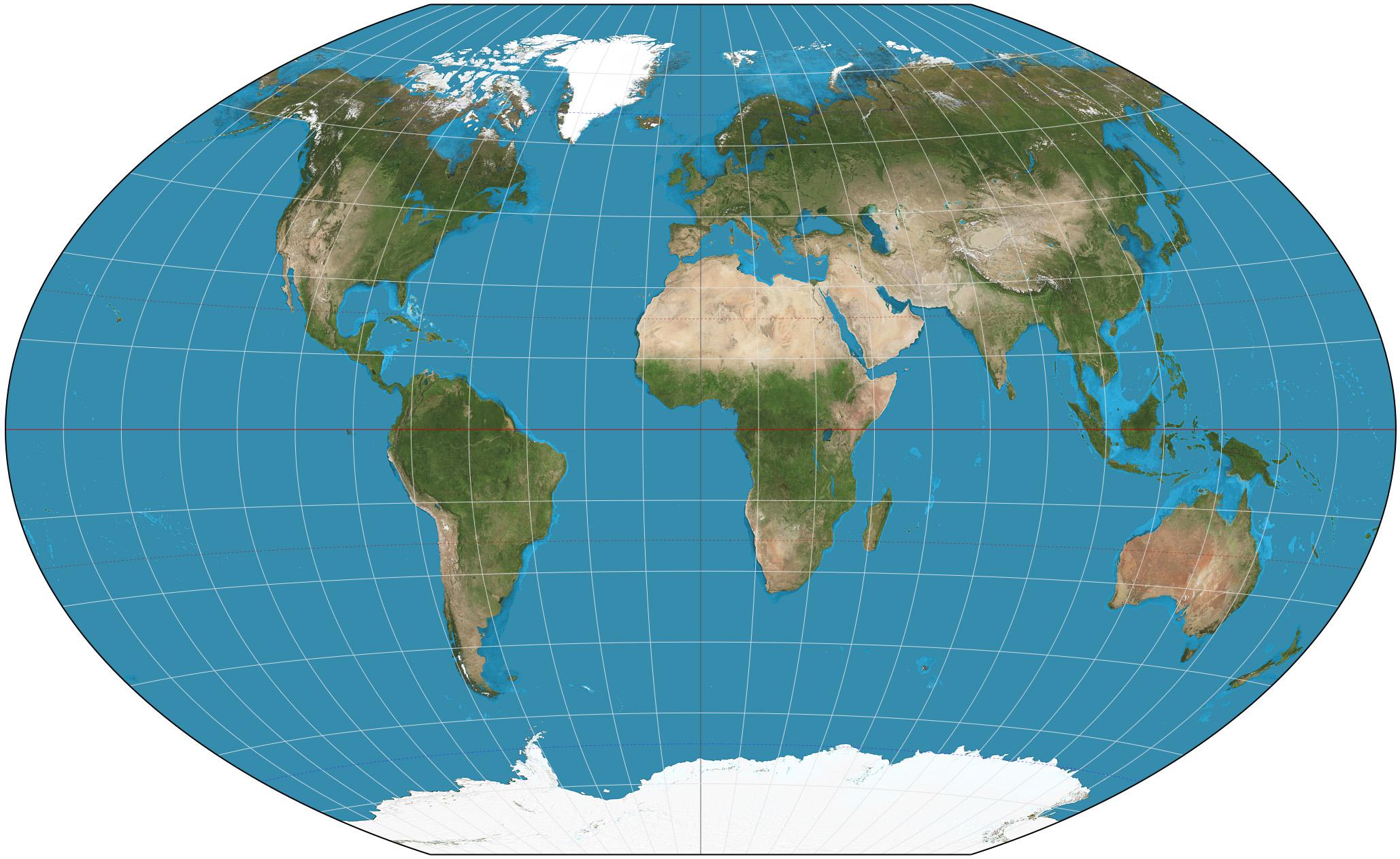In a realm where the tapestry of our planet trembles under the relentless march of climate change, a sobering revelation emerges: we stand woefully short in our efforts to arm the world’s most vulnerable against its devastating shocks. The clarion call from the United Nations resounds with urgency, echoing the dire need for a substantial surge in adaptation aid. This article delves into the unyielding challenges faced by nations struggling to fortify their defenses against a future fraught with climate-related calamities.
– Critical Imperative: Scaling Up Aid for Climate Adaptation
Critical Imperative: Scaling Up Aid for Climate Adaptation
Developed countries must dramatically increase funding for climate adaptation support to developing nations, the UN has stressed in a new report. Failure to meet this critical imperative, the report warns, could have catastrophic consequences. While wealthier nations have pledged financial support to help developing countries adapt to climate change, there is a significant gap between commitments and actual delivery as financial assistance provided to developing countries for climate adaptation remains insufficient.
To Close this Gap, Urgent Action is Needed:
- Increase Funding Commitments: Developed countries must fulfill their previous aid commitments and scale up their contributions significantly to meet the growing needs of vulnerable nations.
- Improve Distribution of Funds: Funding should be allocated based on countries’ vulnerability and adaptation needs, ensuring equitable access to resources for those most at risk.
- Enhance Coordination and Efficiency: Streamline mechanisms to facilitate efficient use of aid, reducing transaction costs and minimizing administrative burdens for recipients.

– Amplifying Capacity: Empowering Developing Nations to Confront Climate Shocks
Developing Capacity
Developing nations face immense challenges in confronting climate shocks. Limited resources, infrastructure, and technical expertise hinder their capacity to adapt. To address this, the United Nations emphasizes the need for substantial increases in aid to empower these nations and build their resilience. Aid should focus on strengthening infrastructure, investing in renewable energy, and improving access to climate information and early warning systems. This support should prioritize vulnerable communities, including women, children, and the elderly. By enhancing the adaptive capacity of developing nations, the world can mitigate the devastating effects of climate shocks and foster sustainable development.
Vulnerable Communities
| Vulnerable Group | Adaptations Needed |
|—|—|
| Coastal Communities | Seawalls, flood barriers, evacuation plans |
| Mountainous Regions | Landslide risk assessments, early warning systems |
| Arid Regions | Water conservation measures, drought-resistant crops |
| Urban Centers | Heat-stress mitigation, infrastructure improvements |
| Remote Villages | Access to information, communication channels, health services |
– Catalytic Partnerships: Fostering Collaboration for Equitable Adaptation
Catalytic Partnerships: Fostering Collaboration for Equitable Adaptation
It is crucial for the global community to enhance aid efforts and foster partnerships that facilitate equitable adaptation to climate shocks. The urgency of this need is echoed by recent statements from the United Nations, emphasizing the vast gap between the current level of support and the scale of adaptation required.
Collaborative partnerships serve as catalytic agents, bringing together diverse actors and leveraging their expertise and resources. Governments, international organizations, businesses, and grassroots communities must join forces to design and implement effective adaptation strategies. By pooling knowledge, skills, and financial resources, these partnerships can accelerate progress towards resilience and reduce the burden of climate change on vulnerable populations worldwide.
In Conclusion
As the tapestry of global resilience unravels, the clarion call from the United Nations echoes in our hearts – a profound need for amplified support in our collective journey to adapt to the inexorable march of climate change. Let us heed this call and weave a vibrant and enduring fabric of preparedness, ensuring that humanity’s threads remain interconnected and adaptable in the face of adversity.
